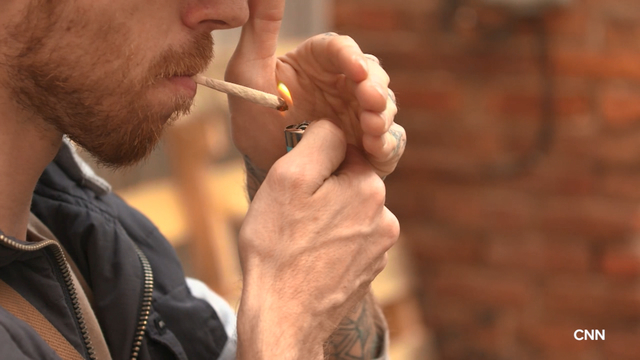Gambling and weed are not solid fiscal solutions to Chicago’s pension problems.
Two of the more seasoned candidates in the mayoral race, Gery Chico and Paul Vallas, spoke recently at the City Club of Chicago about their economic plans to help pay the city’s steeply rising pension debt.
Both plans rely significantly on hundreds of millions of dollars in new revenue from a Chicago casino and legalized recreational marijuana.
Actually, scrap the word “plan.”
The right term, when we’re talking about two revenue sources that don’t even exist yet, is “wish list.”
A Chicago casino, which we favor, is at best several years down the road. That holds true even if the road is greased after the Nov. 6 general election by a new Democratic governor working with a Democratic state legislature. The same holds true for legal recreational pot, which could take even longer to become a reality.
Who knows what roadblocks could emerge in that time?
In the coming weeks and months, Chicagoans are sure to hear more from the rest of the mayoral field about how to pay our city’s rising pension debt. Good. We need plenty of ideas and a vigorous debate if we’re going to solve our problems, fiscal and otherwise.
Chicagoans also need a mayor who will level with them about the hard choices that have to be made. In this case, that means acknowledging that we can’t count on gamblers and pot smokers to pay much, if any, of the $1 billion spike in pension payments due in the next few years.
As Ralph Martire of the Center on Tax and Budget Accountability told us, “These are not real solutions. . . . The only responsible way to pay for [the pension] obligation is through well-designed tax policy and sound debt management.”
Chicago’s next mayor must have a financial plan that is responsible and utterly, even grimly, realistic. That’s Plan A. It must include sure-fire cost-cutting and sources of new revenue, including a possible property tax increase. (To his credit, Vallas’ five-year plan included both cuts and possible tax increases.)
As for pot and casino money? That would be, at best, Plan B.
There are other caveats too.
As Laurence Msall of the Civic Federation reminded us, “These sin taxes — exotic legalizations — have a really bad history in Illinois.”
Remember video gambling? Msall reminded us that legalized video gambling was sold as a way to fund billions in capital projects — but when it didn’t bring in the revenue it was supposed to, money was diverted from the state’s general fund to pay for those projects instead.
Then there’s the state lottery, initially sold as a painless-to-the-average-taxpayer strategy to pump buckets of money into schools. Now the money ends up in the state’s general fund, and schools still go begging.
Relying on gambling and pot, Msall said, “is worse than a panacea. It diverts attention from the city’s very real financial problems.”
Meanwhile, no one can say for certain how much revenue would be generated from a city casino or legalized pot.
Chico said Illinois could pull in “$350 million to $700 million a year” from legal pot, and the city could pull in “up to $300 million a year” from a casino.
Vallas’s five-year proposal includes “$771 million in new revenue from the state” from a casino and legalized marijuana.
We’d love to see the proof — but that’s a whole other issue.
Legislative proposals to create a casino in Chicago have been floating around Springfield for years, only to collapse amid debates about how to divvy up the revenue pie, not to mention the societal ills caused by gambling addiction.
Bottom line: Even if there is a Chicago Democrat in the governor’s mansion and a Democratic-controlled Legislature, betting the house on proposals that need approval from state lawmakers is not a smart way to find $1 billion to shore up city pensions.
Credit: chicago.suntimes.com













